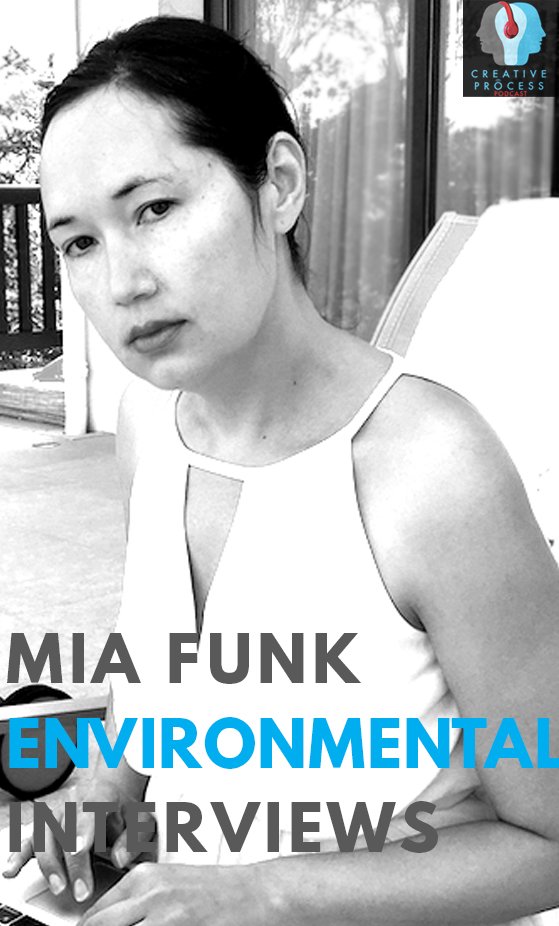Science and Service - DR. LINDA BIRNBAUM on Public Health, Environmental Science - Highlights
/Scientist Emeritus & Fmr. Director of the National Institute of Environmental Health Sciences
& the National Toxicology Program
There are thousands of chemicals in our water, just like there are in air, just like there are in food. We sometimes compartmentalize too much. We forget, but what is food? Food is made up of chemicals. And I think we need to be broader in our understanding because, for example, we all have on us and within us our Microbiomes and we think about the GI bacteria and we now know that if people are obese they have very different microbial content in their gut compared to people who are not obese. And we know that a baby born by C-section section has a different position than a baby born vaginally. And we know that these things have impacts. We know that many of the bacteria have the ability for example to metabolize the contaminants as well as things in our food. And we know that you can have a different response depending upon what people are eating.





















